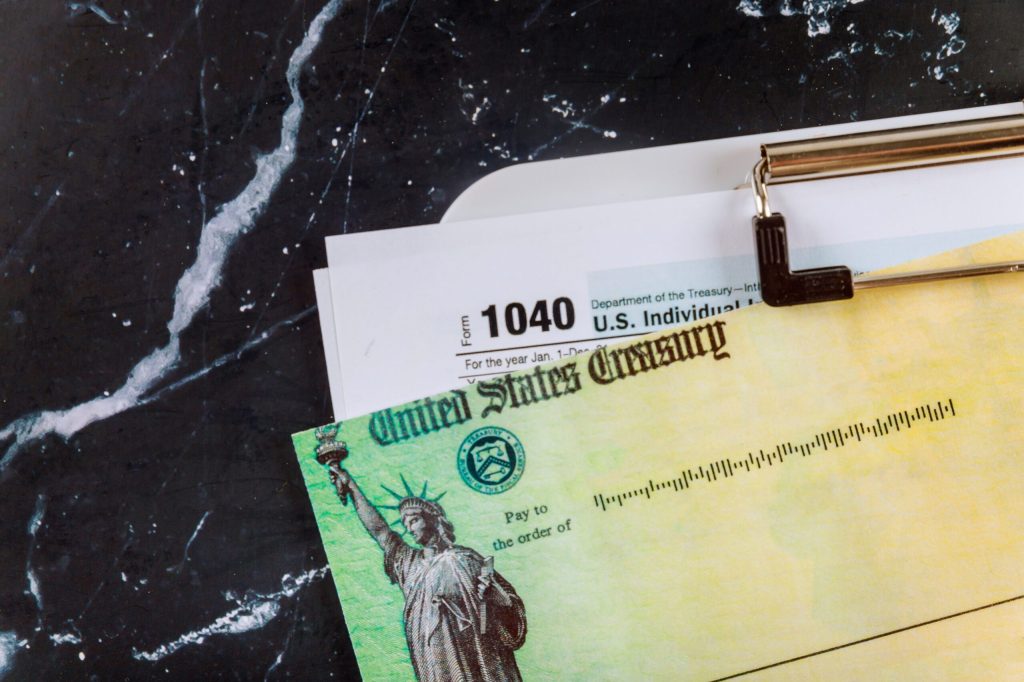Key Takeaways:
- A 1099-C does not mean you automatically owe taxes.
- Insolvency is a legal way to avoid taxes on forgiven debt.
- You need the right documentation to claim an exemption.
Great job! You settled your credit card debt for less than you owed. That’s a big win. But before you celebrate, there’s a problem. The IRS may want a share of your debt relief.
If you have $600 or more of debt canceled, the IRS will ask you to file a 1099-C Cancellation of Debt Form. It may seem strange, but the IRS sees forgiven debt as income. This means you may have to pay taxes on the amount not paid. But don’t worry, there’s an option called “insolvency” that may help you avoid this tax.
How Does Insolvency Work?
If you have more debts than assets at the time of debt settlement, you may be considered “insolvent.” This means you owe more than how much your assets are worth. The IRS understands this struggle, and they may be willing to let you off the hook. If you’re insolvent, you might not have to pay taxes on the forgiven debt.
How to Claim the Insolvency Exemption
You may be insolvent if you subtract your total debts from your total assets (savings, investments, etc.) and get a negative number.
To better understand this, let’s look at an example:
John lost his job and accumulated $50,000 in credit card debt. He also has a car loan of $10,000 and a personal loan of $15,000. His total debt is $75,000.
John owns a car worth $8,000, has $2,000 in savings, and some furniture valued at $5,000. His total assets are $15,000.
To determine insolvency, John subtracts his assets from his debts:
$75,000 debt – $15,000 assets = -$60,000
Since the result is negative, John is insolvent by $60,000.
His credit card company agrees to settle his debt for $20,000, forgiving $30,000. Normally, this forgiven amount would be considered taxable income. However, since John is insolvent by $60,000—more than the forgiven debt—he may qualify for the IRS insolvency exemption and avoid paying taxes on the $30,000.
To claim this exemption, John must file IRS Form 982 and provide details of his assets and liabilities.
Helpful Resources
IRS Publication 4681 and Form 982 can help you claim the tax exemption. Also, don’t be afraid to get help. You can technically do the paperwork yourself, but a tax advisor may get you more exemptions. They can make sure you claim the exemption correctly and avoid tax problems.
Frequently Asked Questions
The content provided is intended for informational purposes only. Estimates or statements contained within may be based on prior results or from third parties. The views expressed in these materials are those of the author and may not reflect the view of SmartSpending. We make no guarantees that the information contained on this site will be accurate or applicable and results may vary depending on individual situations. Contact a financial and/or tax professional regarding your specific financial and tax situation. Please visit our terms of service for full terms governing the use this site.

